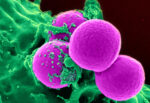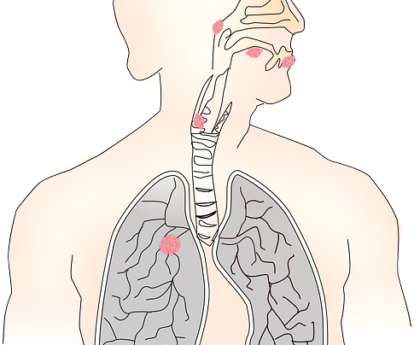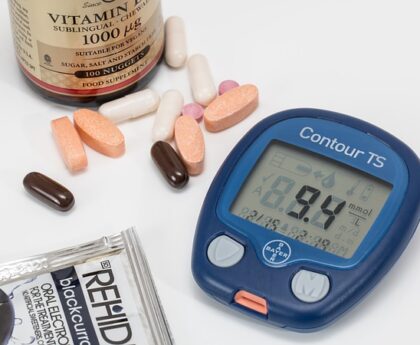In order to maintain a healthy liver, it is important to eat a varied and balanced diet as would usually be recommended by your medical doctor, However, there are some foods that helps with liver health like diet high in fruits, vegetables, whole grains, lean protein, and healthy fats. Meanwhile, processed foods, added sweets, and unhealthy fats add to the liver’s burden and can cause inflammation and damage over time, hence, should be avoided or consumed in moderation.
THE FOLLOWING ARE A FEW EXAMPLES OF FOODS THAT MAY BE VERY GOOD FOR THE LIVER:
- Green Vegetables: Green vegetables are an excellent source of many important nutrients and can provide numerous health benefits. Some examples of green vegetables include:
Broccoli: Broccoli is high in fiber, vitamin C, vitamin K, and antioxidants.
Brussels sprouts: Brussels sprouts are high in fiber, vitamin C, and antioxidants.
Spinach: Spinach is high in iron, folate, vitamin K, and antioxidants.
Collard greens: Collard greens are high in calcium, vitamin K, and antioxidants.
Kale: Kale is high in vitamin K, vitamin C, and antioxidants.
Cruciferous vegetables including broccoli, cauliflower, and Brussels sprouts have been shown to aid the liver’s natural detoxification processes.
Including a variety of green vegetables in your diet can help support digestive health, heart health, bone health, brain and immune functions, and most importantly cleans the liver and ensure that you are getting the nutrients you need to support overall health and wellbeing.
- Onions and garlic both contain sulphur compounds that are beneficial to liver health and inflammation reduction. Onions include a number of anti-inflammatory components, such as quercetin, which may help to reduce inflammation in the liver. Persistent inflammation in the liver can result in liver damage and possibly liver disease, anything that can bring about a reduction in inflammation should be considered potentially beneficial. Antioxidant properties from onion’s flavonoids are known to assist in guarding against the damaging effects of oxidative stress on the liver.
Onions include chemicals that may aid to boost the liver’s detoxification activities, so eating them may be beneficial for detoxification. For instance, the sulfur-containing chemicals that are found in onions can assist to stimulate the formation of glutathione, which is an important antioxidant that plays a role in ridding the body of harmful toxins. More so, Onions have the ability to assist manage blood sugar levels. Having high blood sugar levels for an extended period of time can be harmful to the liver; therefore, blood sugar management may help to preserve the liver. There are numerous grounds to believe that including onions in our diet may be advantageous for the liver’s ability to function well.
- Antioxidant-rich berries like blueberries, raspberries, and other berries can help shield the liver from the harmful effects of oxidative stress. Antioxidants are molecules that protect cells from harm caused by free radicals. Berries, especially blueberries, are an excellent source of antioxidants. Blueberries and strawberries are types of berry. Free radicals are molecules that are not stable and can cause harm to cells as well as contribute to a variety of health issues, including damage to the liver.
According to the findings of a number of studies, eating berries, and particularly blueberries, may have a positive impact on the health of the liver. For instance, one study that was presented in the Journal of Nutrition discovered that feeding obese rats blueberries resulted in a reduction in the amount of fat contained in their livers. A f urther study that was published in the journal Food and Chemical Toxicology demonstrated that administration of blueberry extract to rats who had been exposed to a hazardous chemical resulted in less liver damage.
More so, consuming blueberries and strawberries was found to enhance levels of the antioxidant enzyme superoxide dismutase (SOD) in healthy individuals, according to research that was published in the Journal of Agricultural and Food Chemistry. The research was conducted on human subjects. Free radicals can cause harm to cells, although SOD can help defend against this damage.
- Healthy fats and Nuts are good for everyone, like the monounsaturated and polyunsaturated fats, are essential for maintaining general health and can contribute to a reduction in inflammation throughout the body. Damage and disease to the liver can both be caused or contributed to by inflammation. Nuts, peanuts, walnuts, almonds, avocados, and fatty seafood like salmon are all excellent sources of the kind of fats that are good for you.
Nuts, in particular, are an excellent source of healthy fats as well as other elements that are useful to the body. For instance, one research study that was published in the Journal of Hepatology indicated that eating nuts, particularly walnuts, was associated with improved liver function in people who had non-alcoholic fatty liver disease (NAFLD). The non-alcoholic fatty liver disease (NAFLD) is a common disorder in which fat accumulates in the liver. This condition can lead to damage and disease in the liver.
In addition, nuts have a high content of both antioxidants and fibre, both of which are known to be excellent for the function of the liver. Free radicals can cause damage to liver cells, which antioxidants can help protect against. Fiber can help lower inflammation and support healthy gut bacteria, and antioxidants can help protect liver cells from that harm.





